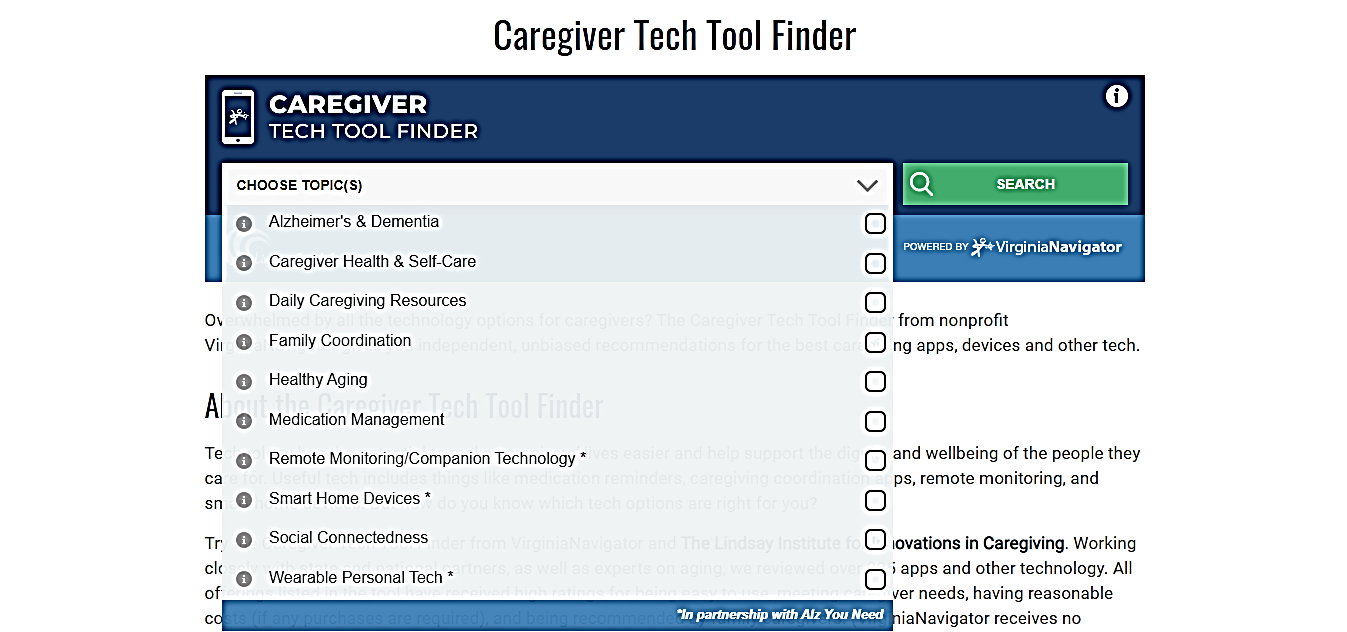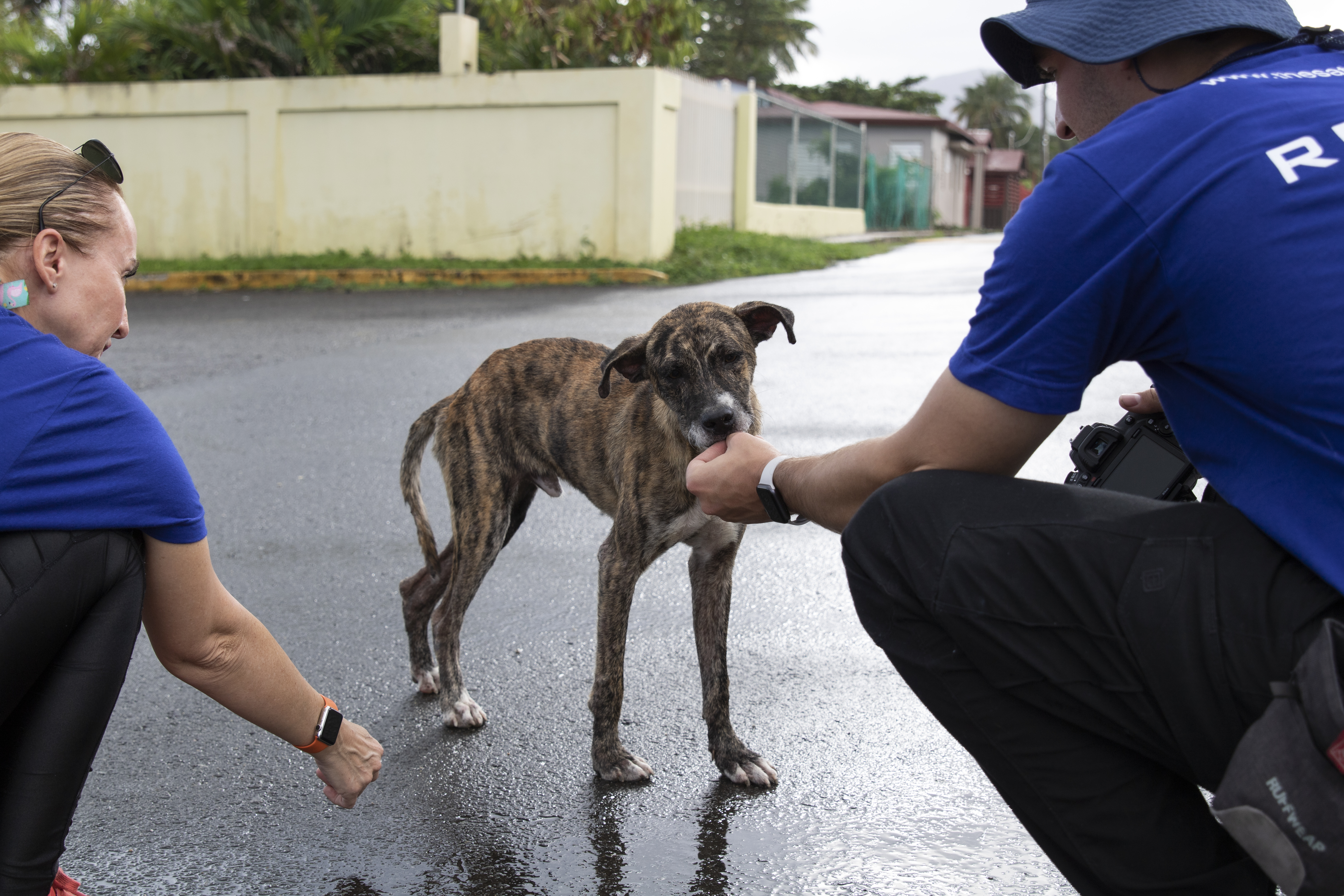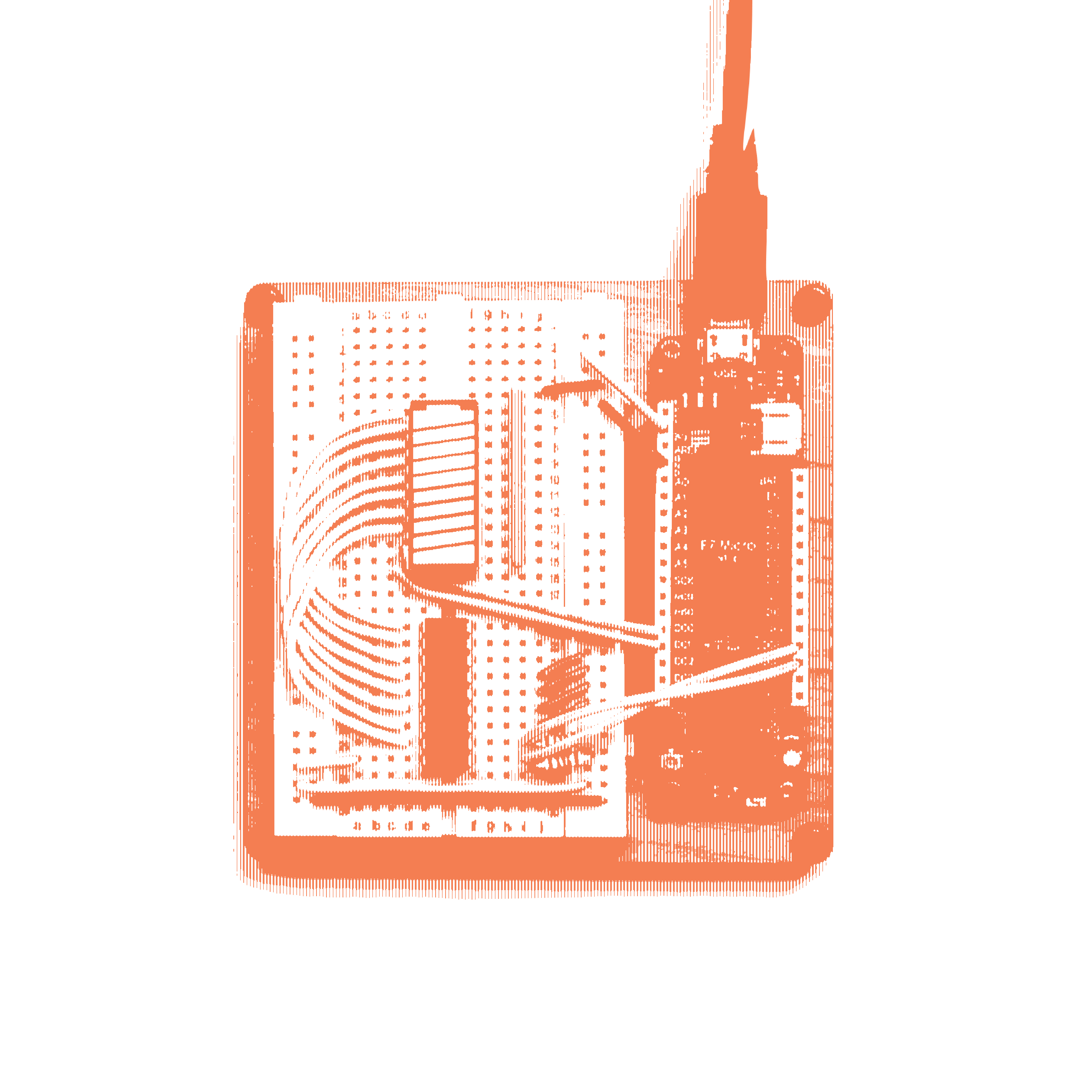
Leda Rosenthal was a college freshman when her mother began to face early-onset Alzheimer's disease. The challenges, Rosenthal says, began arising little by little. She first noticed issues with texting—she and her mother were no longer able to communicate that way. More dangerous situations later occurred; for instance, her mother would leave the stove on or wander in her surroundings.
Rosenthal turned to the idea of technology and thought about an existing app or software that could help. But what she discovered was a mess: thousands of Google results that were out-of-date or full of jargon, as well as brands that were hard to compare. Although she eventually found some tools to help her mother, she also decided that she was going to make a difference for families in the same position.
"I wanted to find the right technology to support her," Rosenthal recalls. "I finally did, but I also wondered if other families could benefit from this because the tech-finding process was too complicated from the beginning. The impact I made to my mom truly opened doors for me to help."
In 2016, she founded Alz You Need, a technology discovery platform whose mission is to connect caregivers with life-changing technologies for their family members and themselves. She said that its end goal is to create an environment where every caregiving challenge has a technical solution. The products available are suited for every older adult, but a vast majority contribute to dementia relief.
"Seventy-one percent of caregivers wanted to use technology," Rosenthal said, "and only 7 percent moved on to do it, according to a research study done in 2016. Today, this remains a big issue because families have a difficult time finding the right technology. They do not know where to go." AARP Project Catalyst verifies Rosenthal's information in the first page of its report titled Caregivers & Technology: What They Want and Need.
In 2017, the United Nations issued a report titled World Population Aging, which suggested that one in five people in the world population will be at least 60 years of age by 2050. As with many unpredictable challenges of the 21st century, people are looking for the right technologies as a potential solution. Additionally, many caregivers, whether they are such individuals as Rosenthal or medical professionals, are trying to fill the need.
Within the last year and a half, Dr. Christine Jensen, the Director of Health Services Research at the Riverside Center for Excellence in Aging and Lifelong Health in Williamsburg, Virginia, and her colleagues collaborated on the Caregiver Tech Tool Finder. According to Jensen, it is one such specific technology that provides 40 million U.S. caregivers access to the tools to serve their loved ones better. While facilitating the delivery of suitable products to the elderly, it constitutes an innovative development in the techniques available to address the current and future needs of an aging population.
On the morning of January 15, 2020, VirginiaNavigator and the Lindsay Institute in Richmond, Virginia, announced the launch of the Caregiver Tech Tool Finder. According to an email announcement from Melissa Barber of VirginiaNavigator, this online search assistant helps caregivers find and select appropriate technologies for their loved ones. It also offers unbiased, person-centered recommendations for the best of the more than 225 apps, websites, wearables, and other tools for the elderly and families.
Most technologies encourage older adults to turn to caregiver assistance for learning how to recall their daily routines and enjoy their activities in a household environment. The email message also highlighted that the team partnered with state and national organizations on the tool finder to review each tool based on the ease of use, the fulfillment of caregiver needs, pricing, and customer recommendations.
"Today, roughly 40 million people in the United States provide care to an adult over the age of 50," Jensen said, "and almost 2 million of them live in Virginia. I think it is helpful to understand how busy caregivers are and how much the technologies might help them. You cannot just tell them to Google for some app because some might be overwhelmed and short of time. With our website, we can assist them a little more with their search for the best products. We can even help those who are part of the sandwich generation; that is, a situation involving responsibilities between caring for someone older and someone younger."
There are plenty of app categories that tailor to the interests of older adults and families. For example, the family coordination category provides apps for sharing information and scheduling tasks. Another group, called medication management, can assist with the timing of medical consumption. Healthy aging app topics can range from physical activity to diabetes.
Likewise, caregiving resources focus on respite care. Social connectedness relieves isolation and grows healthier relationships. Lastly, caregiver health apps encourage self-care and stress relief; they apply to those supporting people with Alzheimer's disease. Only four apps with the highest ratings can appear in each category of the tool finder.
"When you click on the drop-down menu," Jensen said as she began explaining how to use the tech tool finder, "you will see all of the categories. You can pick 'Alzheimer's and Dementia' as well as more than one other category at the same time. Hit search, and you should be able to see the best apps, sorted alphabetically, per category. In 'Alzheimer's and Dementia,' you will come across the Alzheimer's Caregiving Mobile Website, Dementia Advisor, Dementia Guide Expert, and MindMate."
The Caregiver Tech Tool Finder could contribute to Riverside's ongoing services and programs, Jensen says, such as geriatric and driver assessment clinics and chronic disease management.
"We have guests in our resource room reading from brochures about our various initiatives and partnering agencies," Jensen said. "Referring them to a website where they can learn about different apps and tools can be a beneficial way to assist them with their care. So, we should be able to support our caregivers in another way."
The Caregiver Tech Tool Finder is currently open to all U.S. citizens and visitors as they can access apps and websites across the nation.
While the tool finder filters the technologies to the ones that suit the needs of both the caregiver and older adult, an app called MapHabit operates in a similarly technical yet different way. As its co-founder and chief science officer, Dr. Stuart Zola utilizes visual mind-mapping and two-word image approaches to help the elderly complete their activities of daily living. MapHabit provides visual maps of the necessary steps for accomplishing those actions, as well as schedules that older adults and caregivers follow.
"We have two systems of memory in our brains," Zola said. "One of them is the everyday memory system, which is responsible for the conscious recollection of facts and events from a person's life. Another is the procedural or habit memory system, which is responsible for executing routines and lasts for a much longer time than the everyday system, which shrinks with dementia. Our research in neuroscience focuses on visual mapping. So, along with our expertise in information technology, we created MapHabit to have mobile devices paint images for dementia patients and their caregivers."
Another app created outside of Virginia is Brain CareNotes, which is an intervention tool that helps manage anxiety, agitation, and other dementia symptoms that older adults and caregivers experience. The purposes of Brain CareNotes are to offer education and individualized advice, measure and track neuropsychiatric symptoms, and facilitate communication with a team of clinicians. Dr. Richard Holden of the Regenstrief Institute at Indiana University highlighted that he is working on a few more apps that strengthen medication safety among the elderly.
"The clinical focus of much of my research is on the chronic conditions heart failure and dementia, neither of which can be cured," Holden said.
His endeavors eventually became the motivation behind his work on Brain CareNotes. The app is part of an NIH-funded trial testing the caregivers' ability to lower stress and report fewer symptoms within their loved ones after using it for six months.
This trend is imperative to achieve because improving the quality of life of the older adult and caregiver is the overall aim in aging research. Brain CareNotes can provide extensive help and relief for those who are vulnerable to mental and physical illnesses that connect to dementia, even when they move to a nursing home. The significance of that situation is that many caregivers struggle to communicate with healthcare professionals and do not prefer to travel to a clinic.
One of Jensen's colleagues, Adrienne Johnson, serves as the Executive Director of the VirginiaNavigator. She has partnered with AARP and collaborated with Rosenthal on a few categories of the Caregiver Tech Tool Finder, including companion technology, wearable devices, and smart home sensors. In doing this, Johnson hopes that the tool finder could gain more traction from caregivers of all kinds. She also believes that it will increase engagement with loved ones, educate students on aging innovation, and encourage the rest of the world to look out for future aging research.
"In a recent study, 71 percent of caregivers are interested in using technology to help with caring for dementia patients," Johnson said. "We can disseminate information for each app on the Caregiver Tech Tool Finder, which can lead to well-informed decisions on how to best support our families."
Not every caregiver should be immediately ready for the use of technology. However, Johnson encourages individuals to be curious about the tools and look for quality, price, use, and customer recommendations. "Just open your mind, and when you do feel comfortable about technology, be sure to stay up to date, especially with the apps."









